Zac Efron and his Surf Daddy nutritionist Darin Olien have a show that’s kind of about climate change and a lot about how when the climate changes everything will be absolutely fucked—that’s just the way it is, but it’s also going to be totally fine because of the human spirit (entrepreneurship). In order to walk at graduation, Efron has to write a reflection essay about the themes of each episode. I found his recitation of the essays at the end of the episodes very interesting.
To give you a good idea where DOWN TO EARTH is coming from, check out Efron’s London piece. In order to fight climate change, incremental changes are necessary. Yes, the only reasonable way to respond to a catastrophic and rapidly evolving problem with infinite chain reactions of disruption that no one place on Earth can adapt to is calmly and quietly by yourself. To put the period on this sentence, Zac rides a tube slide… Tube slide : )
In Costa Rica, Zac and Surf Daddy nutritionist hang out with a guy at his eco-friendly compound in the jungle, which the person insists on calling a “community.” In this essay, Zac Efron really starts to make some vital connections between the character of the people who colonized the Americas and the bourgeois eco-pioneers of the present day, now fleeing the physical and psychological moldering of the imperium for appropriation of the cultures their wealth was plundered from originally.
—
A NOTE ON BLUE ZONES
My grandmother was raised in a Blue Zone and immigrated to the United States when she was a young adult. In her 80s, doctors say she is exceptionally healthy. With luck, there seems nothing to stop her from joining the centenarian’s that her homeland Okinawa is famous for. Attempting to answer why that is with genetics and environmental factors, like DOWN TO EARTH does in Sardinia, is doomed to fail.
Health is holistic. Mental health and physical health are as bound up in each other as thoughts are with meat. You can have the body of a God but if you are mortally unwell in your sense of yourself no amount of nutrition will keep it from sickness. Health is so holistic, in fact, holism itself might be a good metric for it. No other metric for human health makes as much sense, or is as applicable to all the different kinds of bodies and minds that exist, than the actual and embodied sense of wholeness.
Much of the bullshit around holism and health in Western science is because we correctly associate health with life itself but are unequipped to say what life is exactly. Speaking even more generally, the ability to say what life is requires art and philosophy, because we are talking about being and meaning at a certain point. Science can’t speak of being or meaning because it starts where the sensual ends and abstraction begins. In the West, the methods and the means of science are isolated from culture, or vulgarized into the form of culture itself as a kind of positivism.
Life in the West then becomes “Not-death.” Which is true, abstractly—true to language. But again, abdicating the ability to speak of meaning or being, we get unactionable definitions. Health becomes extending life rather than a quality of living it. No matter what someone sells you, you are not more or less likely to be completely destroyed, body, mind, and soul, just because you have zero percent body fat or have never been traumatized or have unwavering faith in a spiritual practice. Decreasing your susceptibility to heart disease only does that: decreases your susceptibility to heart disease. The 100% kill rate of life will not be banished by even the healthiest lungs. So how do the people in Blue Zones do it, and what exactly are they accomplishing?
In this time of crisis and instability, my grandmother experiences no anxiety. She has survived war, poverty, and migration. Is it genes? Environmental factors? Luck? As her grandson I am close to the meaningfulness and artfulness of her life, which is to say, I understand her to be a fully living human being, and the implications of her being an entire human are this: she understands things and makes decisions accordingly. She has her own method. Without abstraction, she conducts a kind of science, which takes place directly in the stuff of meaning and being, called “what to do and when to do it.” For a people, what determines the practice of “what to do and when to do it” is culture, not genetic material or the environment. Ascribing what culture accomplishes to genetic material or the environment instead is inadequate for the reasons explained above, and the form of this inadequacy is called racism. In an unrelenting desert six thousand, five hundred miles of difference from her Blue Zone home, my grandmother grows a lush garden. Her method works regardless of environment, like a science.
The way DOWN TO EARTH approaches Blue Zones is similar to the way the Western wellness industry does, like colonizers questing for the fountain of youth. You already knew this, but the show doesn’t at all have the range to accomplish a coherent translation of the Sardinian cultural method of living into a Western affect. Listening to Zac Efron and Darin Ollien talk to a geneticist about why Sardinians live so well becomes laughable for how futile it is, how confident everyone is in translating an entire mode of living into the microscopic silo of a discipline that has existed for less than the lives of the people it is supposed to explain, and much less than the culture that has reproduced that people’s living. Lead away by the sound of your own voice: a definition of the stupid, transcultural.
—
By season’s end, the jury is still out on whether or not Zac Efron understands what it would take to save humanity from the earth’s vengeance against Western civilization. Rumors that he is leaving the United States permanently for Australia are not promising. But there’s one conversation where he shows a glimmer of potential for not becoming an ecofascist. Surf Daddy was on his bullshit here and Efron seems to treat him with some skepticism.
Congratulations on making the grade, Zac.
References:
- McCarthy, Cormac. Blood Meridian, Or, the Evening Redness in the West. 1992
- Morrison, Toni. Playing In the Dark: Whiteness and the Literary Imagination.1993.


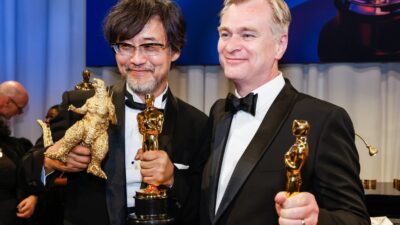
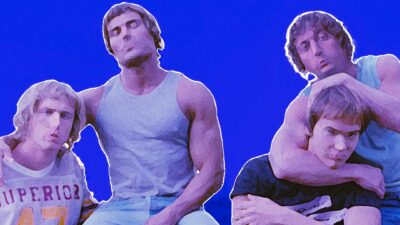


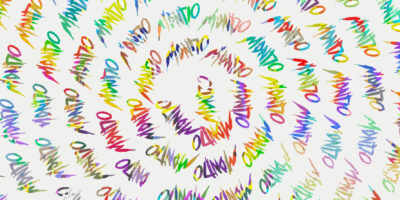
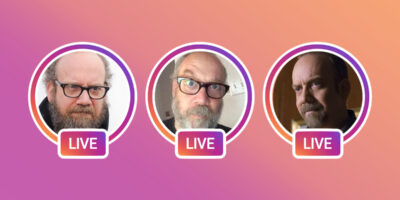
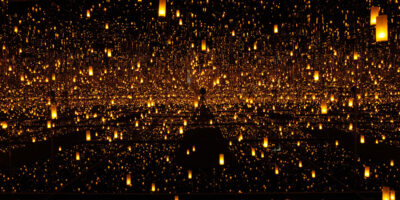
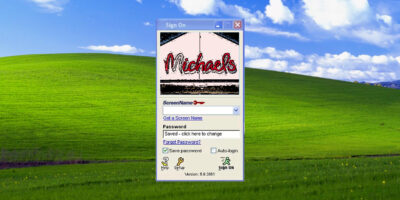
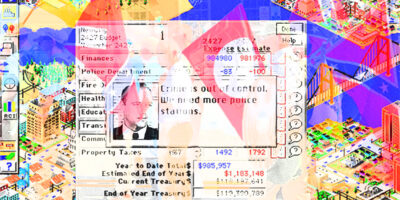


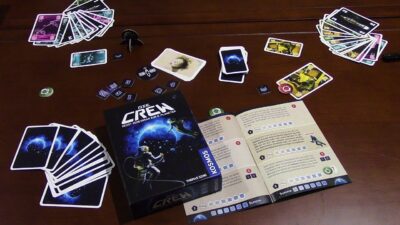
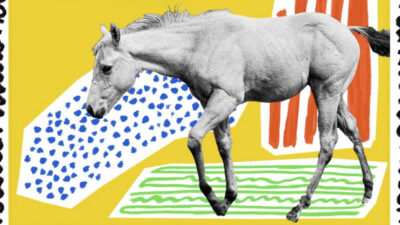
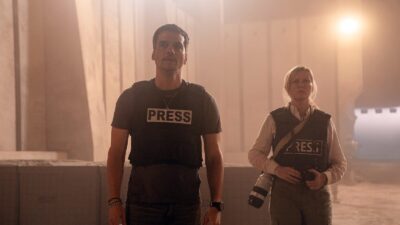
Comments